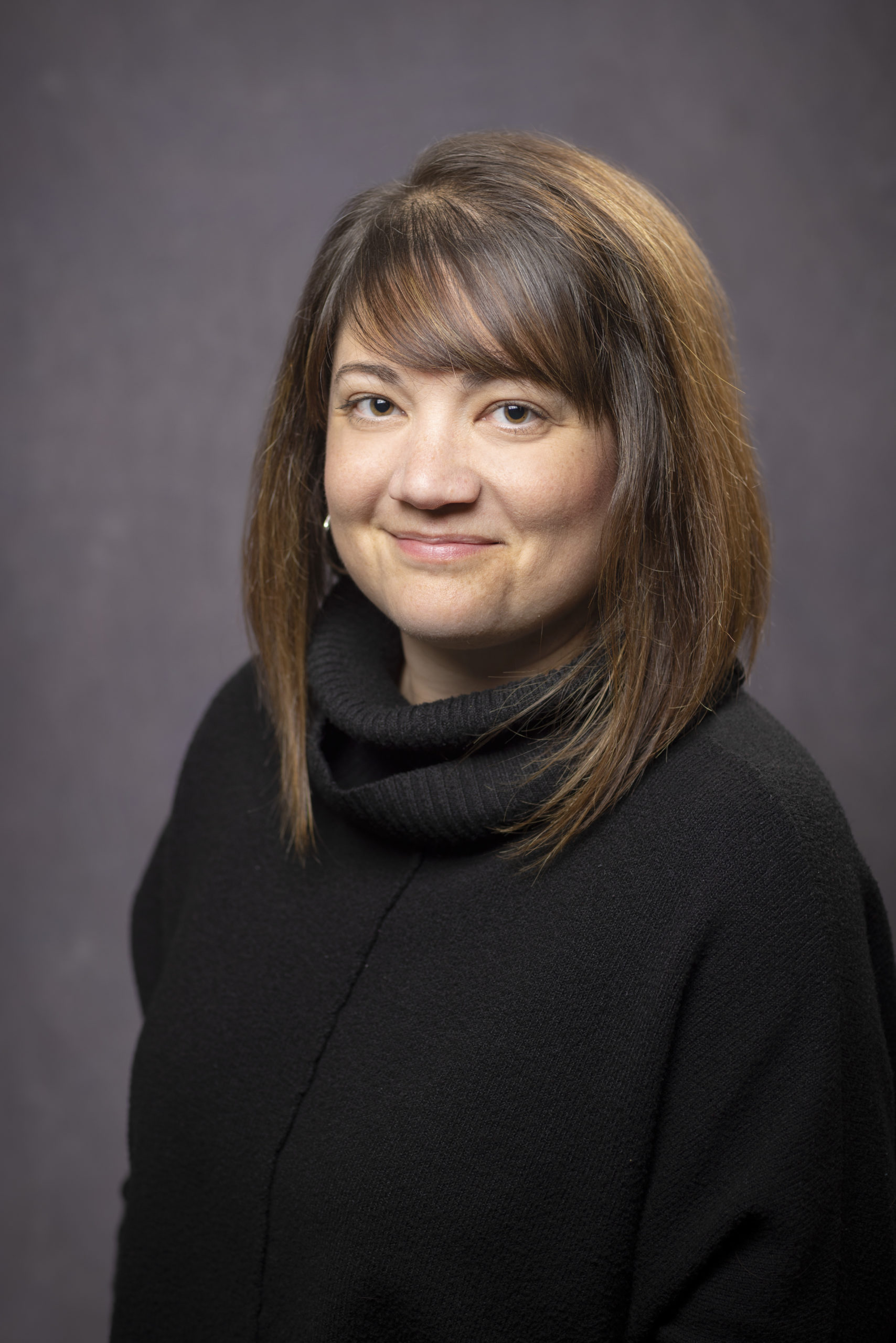Experiential Approaches to Reveal Nine Types of Couples
Room Windgate 60-61
Speaker(s):
Description:
By using experiential exercises, visual symbolic props, emotional age designations, and metaphors, a therapist can begin to reveal the actual dynamics among relations in a couple and their subsequent family. It also becomes undeniably clear to the clients and bypasses resistance and unspoken issues. By making the issues visible and tangible, treatment ideas become clearer as well. This presentation will demonstrate how these techniques reveal nine different types of couples.
Objectives
1. Describe effective exercises to help assess issues
2. Incorporate visual symbolic props
3. Create a visual display of relationship dynamics

